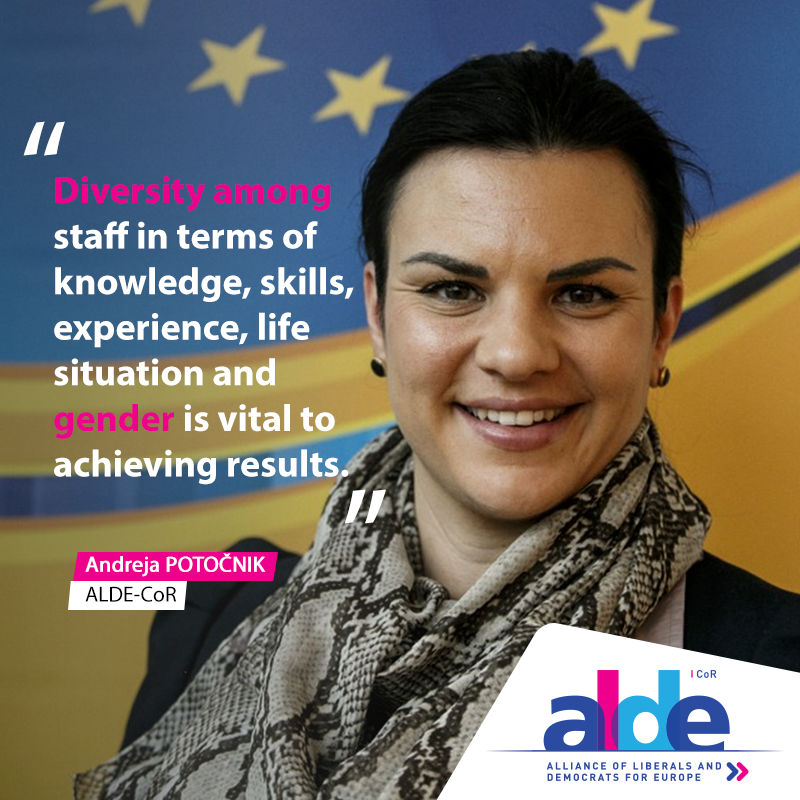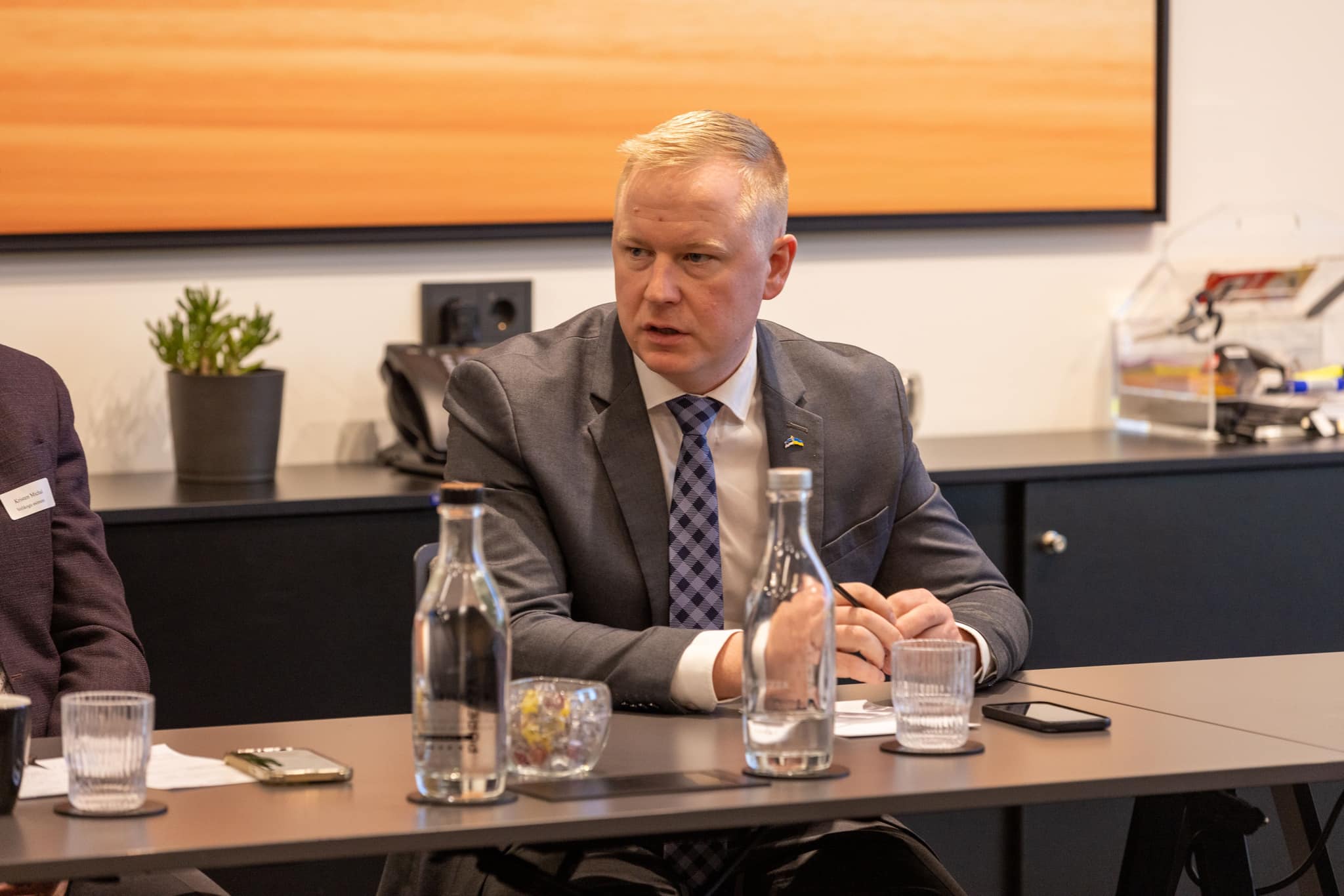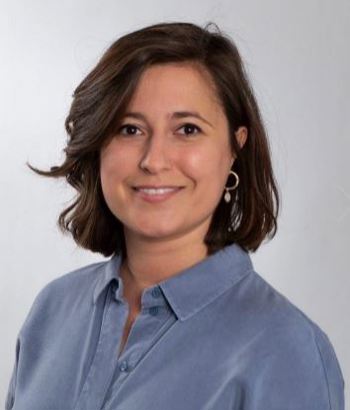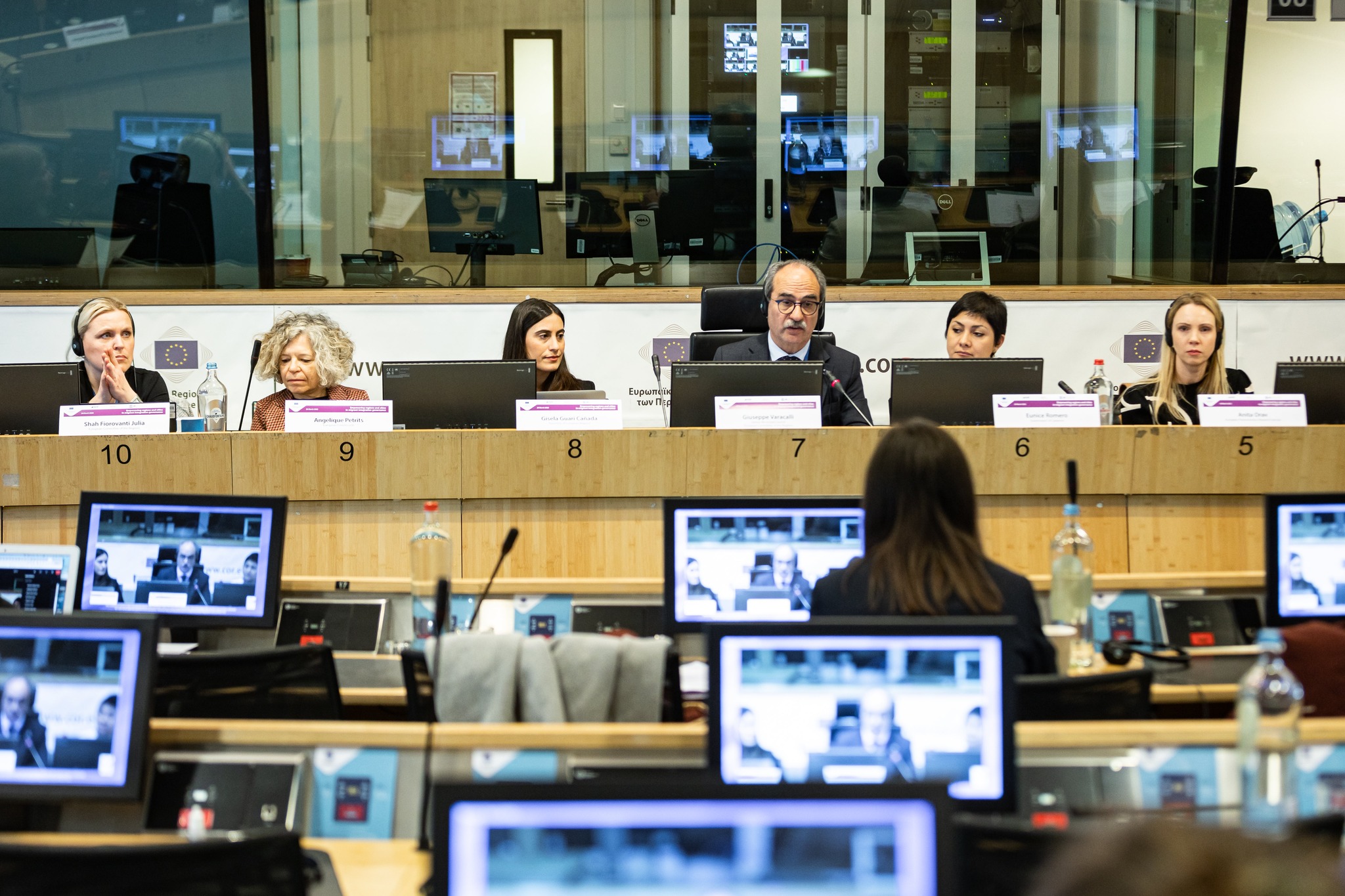Andreja Potocnik and other panelists traded inspiring stories of best practice for breaking the glass ceiling and challenged governments and corporations on gender imbalance during a CoR debate
Across the EU, women are underrepresented in decision-making positions, particularly in politics and business, even if the situation varies from country to country. The European Parliament has argued that only EU-wide legislation will really improve the position of, and opportunities for, women in Europe. Moreover, studies have shown that not taking full advantage of the skills of highly qualified women constitutes a waste of talent and a loss of economic growth potential.
The debate featured Andreja Potocnik, CoR rapporteur for the Directive on improving the gender balance among non-executive directors of companies listed on stock exchanges report, who said that we don’t only need quota but also transparent qualification criteria and selection procedures to increase diversity:
Diversity among staff in terms of knowledge, skills, experience, life situation and gender is vital to achieving results.
During the debate, Potocnik also encouraged all women in the audience and beyond by passionate urging them to:
Never give up. Everything is possible.
According to a European Commission factsheet from 2015, 60% of new university graduates are female but despite this, women are outnumbered by men in leadership positions in the corporate sector in the EU. On average, only 21.2% of board members of the largest publicly listed companies in the EU are women. While this marks a significant increase from 11.9% in 2010 when the European Commission first put the issue of women in leadership positions high on the political agenda, there is still a very long way to go to achieve gender balance.
The event was organized by the European Committee of the Regions and its Joint Committees on Equal Opportunities (COPEC).
“Everything is possible and never give up” @PotocnikAndreja encourages women at @EU_CoR Women on Board event for #IWD2017. pic.twitter.com/qt3mEJUiT1
— ALDE-CoR (@ALDE_CoR) March 1, 2017
“Never give up” passionate advice of @PotocnikAndreja during @EU_CoR Women on Board #IWD2017 event, encouraging women: “We need diversity”. pic.twitter.com/7KcDg7FU1f
— ALDE-CoR (@ALDE_CoR) March 1, 2017





